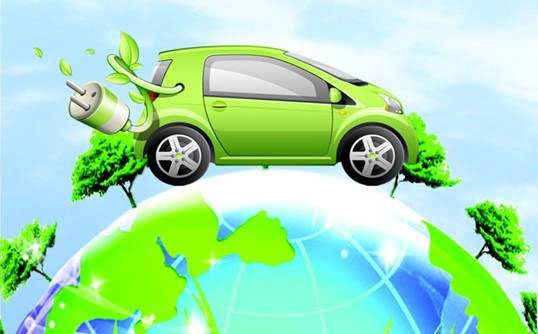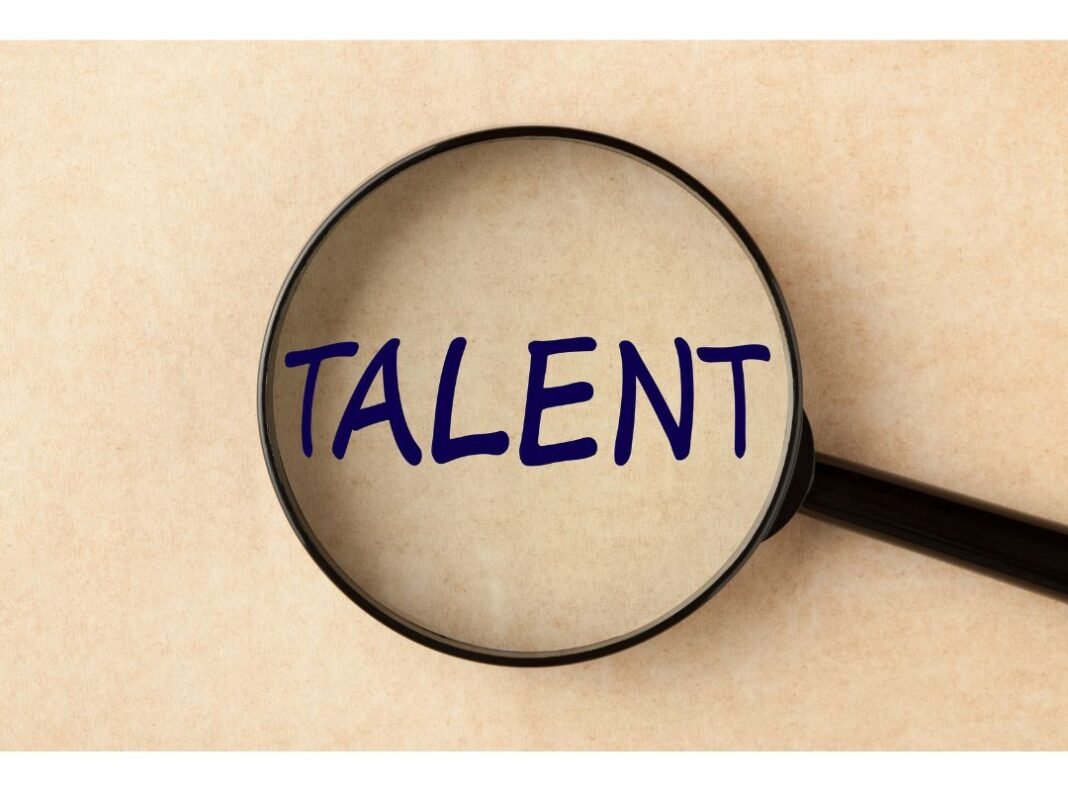Prime Minister Shehbaz Sharif has formally launched the New Energy Vehicle (NEV) Policy 2025–2030, a landmark initiative designed to usher in environmentally friendly and economical transportation across Pakistan Radio Pakistan.
Key Aims & Vision
- The policy aims to reduce carbon emissions, conserve billions in foreign exchange, foster innovation, and empower youth to steer the nation toward a greener future Radio Pakistan.
- PM Shehbaz highlighted Pakistan’s vulnerability to climate change, stressing that despite its minimal contribution to global emissions, the country faces intensifying threats such as flash floods, cloudbursts, and Glacial Lake Outburst Floods Radio Pakistan.
- He appealed to developed nations, particularly those in the West, to aid vulnerable countries like Pakistan in building climate-resilient infrastructure Radio Pakistan.
Policy Scope & Strategic Highlights
- Landmark Policy Launch: Although the NEV Policy was unveiled in June by Special Assistant Haroon Akhtar Khan, this formal launch by the PM in August reinforces its status as a transformative step in Pakistan’s clean transport, climate resilience, and industrial modernization Pakistan TodayRadio Pakistan+1.
- Targets & Impact:
- Aims for 30% of all new vehicles sold by 2030 to be electric.
- Expected benefits include annual savings of 2.07 billion liters of fuel, approximately USD 1 billion in foreign exchange, reduction of 4.5 million tons of CO₂ emissions, and USD 405 million in yearly healthcare cost savings.
- Subsidies & Equity Inclusion:
- An initial ₨9 billion subsidy for FY 2025–26 will facilitate 116,053 electric bikes and 3,171 electric rickshaws, with 25% of the subsidies reserved for women.
- A digital platform ensures transparent application, verification, and disbursement of these subsidies.
- Infrastructure & Technology:
- Plans include rolling out 40 EV charging stations along motorways, spaced approximately 105 km apart, alongside battery swapping systems, vehicle-to-grid (V2G) technology, and mandatory EV charging integration in new building codes.
- Promotion of Local Industry:
- As of now, over 90% of parts for electric two- and three-wheelers are manufactured locally.
- Incentives, including tax relief under the AIDEP tariff facility (extended until 2026 and phased out by 2030), aim to further support local producers.
- Locally produced EVs are projected to be 30–40% cheaper than imported counterparts



